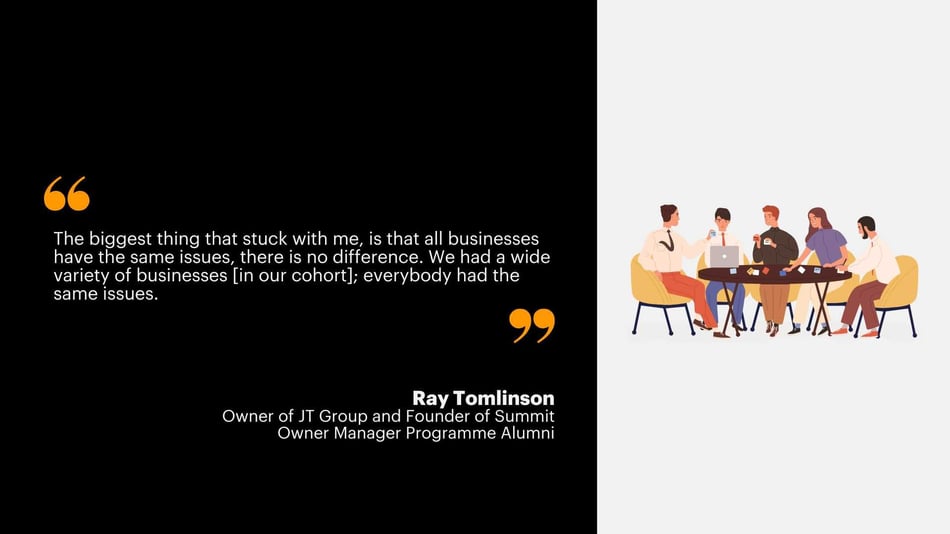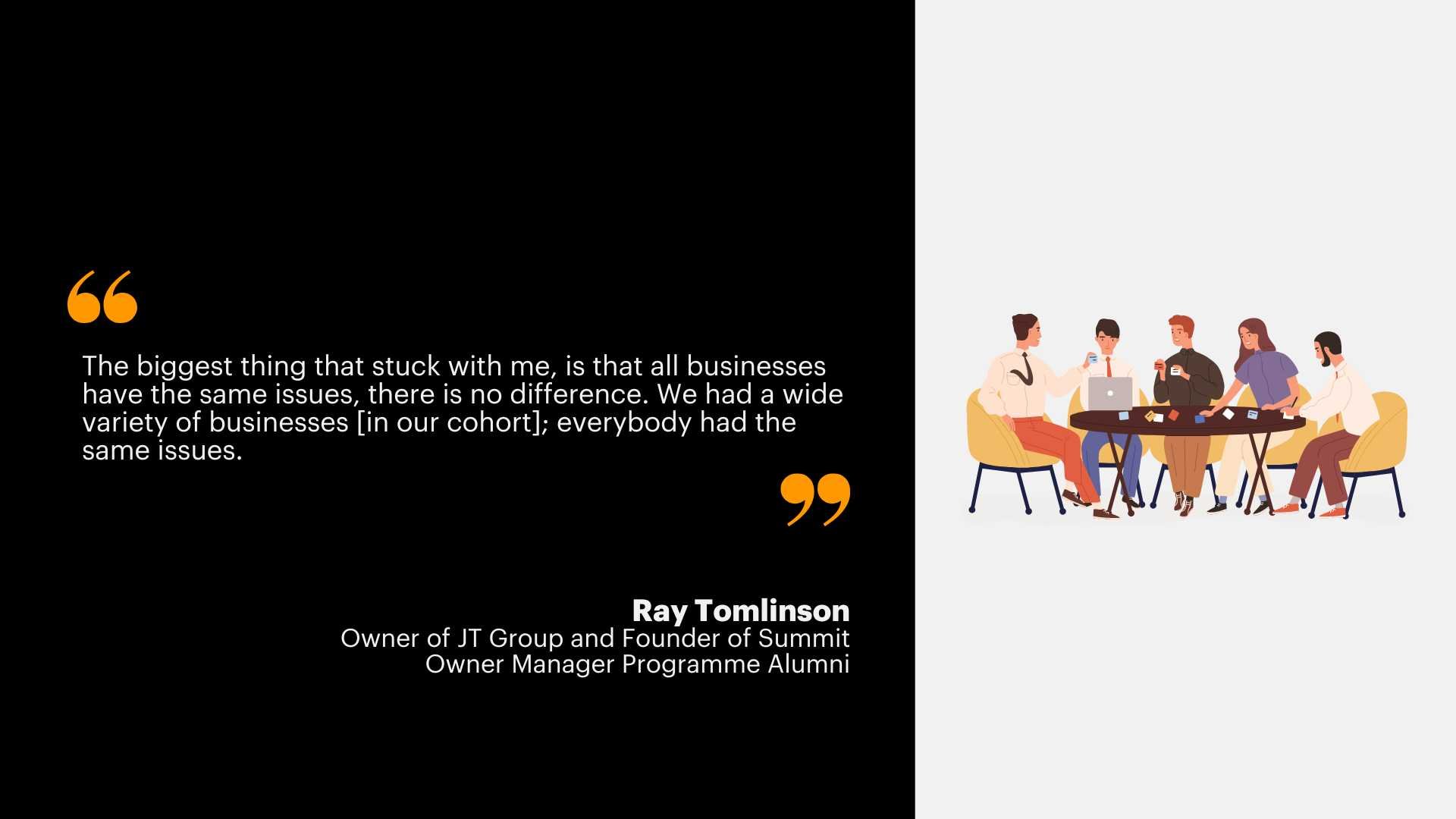Diversity on Programme: Manufacturing Special

How does The Icehouse help grow businesses in highly specialised industries? It’s a critical question because each business, let alone sector, has its unique set of challenges.
Take the manufacturing industry. The New Zealand media paints an 18-month forecast requiring resilience, scalability and strategy due to the after effects of Covid, supply chain disruption and the rising cost of goods. Add to that sustainability and environmental impacts, technology disruption, skills and talent shortages, and it's an unquestionably tough outlook.
However, there’s plenty to celebrate. New Zealand’s manufacturing industry is one of the cornerstones of the nation’s economy – contributing more than 10% annually to the nation’s GDP and regularly topping the $20billion mark (NZ Statistics) across a diverse range of subsectors including aviation, clean tech, marine and meat and dairy products.
The industry is leading the knowledge economy (Business NZ estimates 57% of all R&D expenditure is undertaken by the manufacturing industry), is open to collaboration, and is rapidly adapting to the new rules around digital transformation and upskilling its workforce through training and development.
“A lot is happening in our industry in terms of technology change; automation, electronic controls, and customers who are trying to head down more of a sustainability path as well. That impacts their systems and what they're doing, so they're coming to us asking for help with changing this or converting that. So that's very cool and exciting,” says Kathy Shailer, Branch Manager at Hyspecs in Christchurch and an Owner Manager Programme (OMP) and Leadership Development Programme alumni.
Clearly, today’s manufacturing industry is highly specialised, less and about ‘making stuff’ and more about transforming goods and products. It’s gratifying that many of our OMP manufacturing alumni report their huge sense of relief – often within minutes of starting the programme – that they are not alone and that their peers all face similar challenges, regardless of the industry they represent.
That’s because on closer inspection, all business owners are looking for new ways to manage growth, fill knowledge gaps, structure teams, get on top of workforce and financial management, use technology to create more efficient and profitable internal and external processes and systems... The list goes on.
“The biggest thing that stuck with me, is that all businesses have the same issues, there is no difference. We had a wide variety of businesses [in our cohort]; everybody had the same issues,” says Ray Tomlinson, owner of JT Group, founder of Summit, and another OMP alumni.
“When you look at what I got out of the programme, the biggest thing was getting the right people on the bus and getting them in the right seats, getting them to be doing the right job. Those were the two main things. And then the third one was really learning more about the financials.”
Another common challenge faced by our manufacturing alumni is communication. The industry, like construction, is often reliant on a multitude of moving parts, which requires high levels of collaboration. To make that work, it’s critical organisations and their teams (particularly between the owner and senior management) are ‘on the same page’ because it fosters greater understanding and promotes clarity in conveying ideas, goals, and strategies. In our experience, it also improves decision-making, resolves conflicts, and builds stronger client relationships.
“The directors and owners of Energylight both went on OMP, and they came out of that saying, ‘Okay, this has got great value to add to our business’,” says says James Duder, CEO of Sales at Energylight and an Icehouse alumni.
“Since then, we've had a number of different people in our organisation go through [The Icehouse]. For our team leaders to some of our people in our sales team, who have shown leadership, we've said, ‘Well, let's try and accelerate that’.
“It really helps with being able to speak a common language, and be galvanised in where you're going and how you're going to get there…”
While many professional development programmes are relatively successful in the here-and-now through short-term gains, there is little after-care or follow up training. This is where the power of The Icehouse network shines through, whether it’s meeting new contacts at community initiatives and events, continuing your learning journey, using your new-found network to share ideas, or working with new connections to open doors to further client and customer opportunities or even transformative collaborations with investors.
Our manufacturing alumni report back that through programme participation they are creating the ability to future-proof the business by finding new ways to tackle old challenges, establishing their why and purpose, building more targeted products and services to meet customer needs, taking a long-term and holistic view to accelerating growth, responding more meaningfully to stakeholder needs and impacting their communities and networks in numerous positive ways.
Every business is looking for that edge. If this is you, it might be time to find out why learning and development is less ‘making do’ and more ‘making an impact'.
For information on programmes, workshops and business coaching services from The Icehouse, click here.
For more business ownership and leadership advice, check out more of our resources.
Icehouse Alumni? For exclusive content on Icehouse Central, register now.


